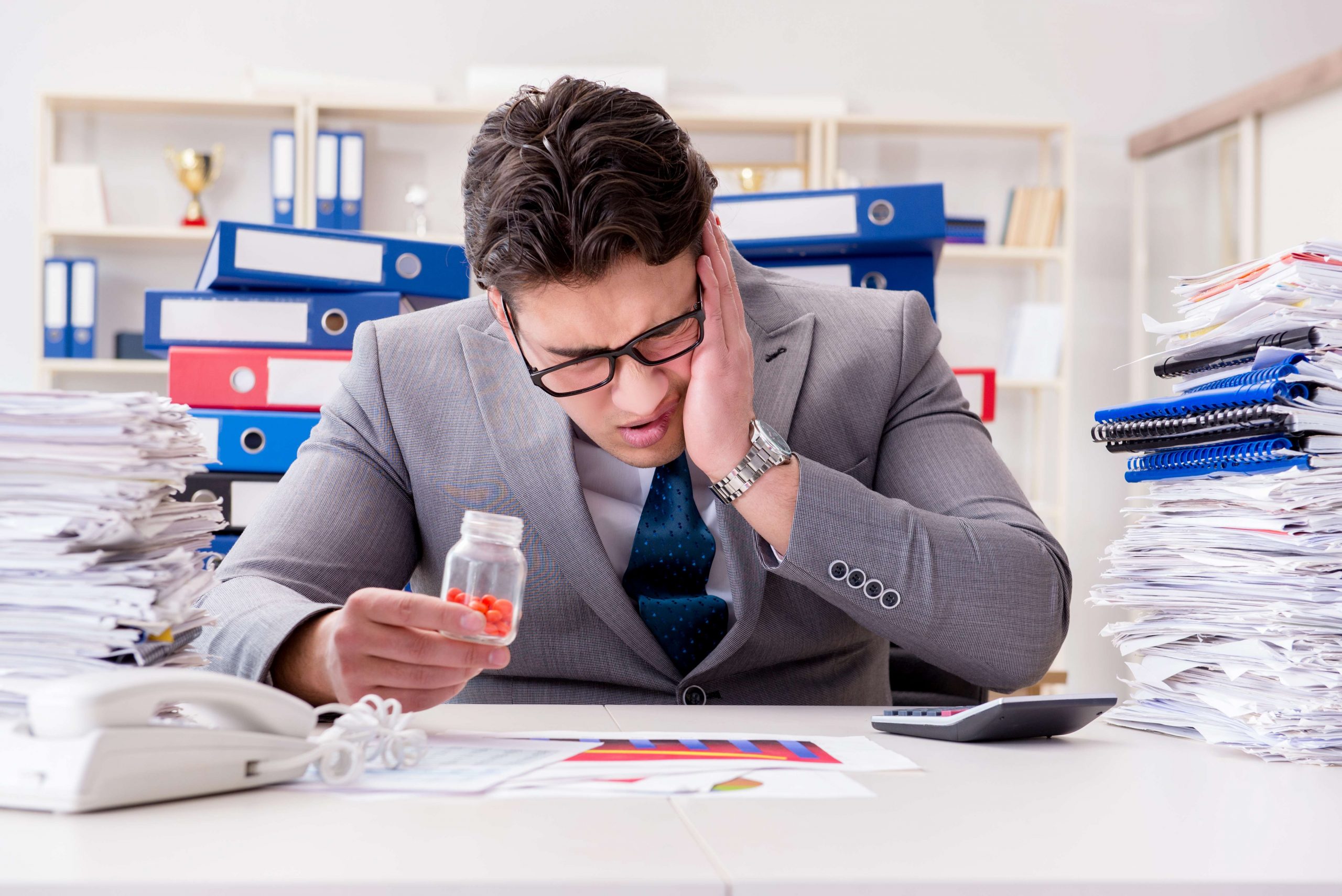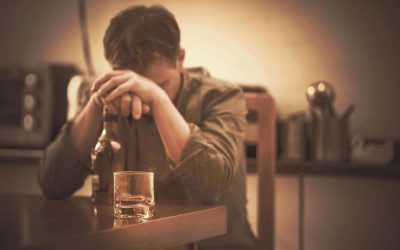Blood Pressure: Even Moderate Drinking Can Raise Your Risk
Content
In layman’s terms, anyone who has excessive drinking habits or alcoholism could be at risk. When drinking is excessive, reducing the quantity slowly over several weeks is a sensible precaution as any sudden reduction could increase the risks over a short term. Research collated by NCBI, confirms that drinking regularly can lead to hypotension. Alcoholism places people at risk of various health conditions including cerebral thrombosis and death through coronary artery disease. Hypertension caused by drinking is not as defined, but risks are still present.
The magnitude and direction of the effects of alcohol on blood pressure depend on the time after alcohol consumption. Moderate‐certainty evidence shows that acute consumption of medium to high doses of alcohol decreases blood pressure within the first six hours and for up to 12 hours after alcohol consumption. For times greater than 13 hours, high doses of alcohol consumption increased blood pressure. Low, moderate, and high alcohol consumption increased heart rate within the first six hours. High alcohol consumption also increased heart rate from 7 to 12 hours and after 13 hours.
Kaul 2010 published data only
Several factors can contribute to the development of alcohol abuse, including genetics, environment and mental health. People with a family history of alcoholism are more likely to develop the disorder themselves. Those who grew up in chaotic or abusive households may also be at an increased risk, and mental health conditions such as depression and anxiety can also lead to alcoholism. Like any other addictive drug, alcohol affects the brain’s chemistry. When a person drinks alcohol, the drug causes their brain to release neurotransmitters responsible for signaling pleasure and reward (among other things).

When alcohol is used heavily for a prolonged period of time, it can lead to chronically elevated blood pressure — a condition referred to as hypertension. If a person thinks that they might be consuming alcohol at a rate that would classify as moderate drinking, heavy drinking, or binge drinking, they should consider cutting back to improve their overall health and well-being. Some evidence suggests that reducing alcohol intake in heavy drinkers could help reduce BP, but much more research is required to validate these observations. A recent study shows the least mortality at 100 g/week or less of alcohol, with a dose-dependent relationship between alcohol and stroke, IHD, fatal hypertensive disease, heart failure, and fatal aortic aneurysm. Notably, the heart attack risk was in inverse relation to alcohol consumption levels.
YftachGepner 2015 published data only
One study found that three glasses of nonalcoholic red wine a day over a month led to a significant drop in blood pressure in men with heart disease risk factors. But men who drank red wine with alcohol, or 3 ounces of gin, had no change in their blood pressure. Researchers think that the alcohol in the wine weakens any antioxidant benefit to blood pressure. Ratings of the certainty of evidence ranged from moderate to low in this review, which suggests that the effect estimates of alcohol might be slightly different than the true effects. For high doses of alcohol, we found moderate‐certainty evidence showing a decrease in SBP and low‐certainty evidence suggesting a decrease in DBP within the first six hours and 7 to 12 hours after consumption. Moderate‐certainty evidence shows that SBP and DBP rise between 13 and 24 hours after alcohol ingestion.

The linkage reported in many of these studies may be due to other lifestyle factors rather than alcohol. Like any other dietary or lifestyle choice, it’s a matter of moderation. There was a particular risk for bias in the studies that met the eligibility criteria, and there is still the potential risk for residual confounding. There are also a number of opportunities to expand on the research, including understanding more about how alcohol intake influences blood pressure among women. One area of interest is how the consumption of alcohol impacts blood pressure.
Chiva‐Blanch 2015 published data only
We did not consider the lack of blinding of participants as a downgrading factor for certainty of evidence because we do not think that it affected the outcomes of this systematic review. Changes in blood pressure and heart rate after alcohol consumption were not the primary outcomes of interest in most of the included studies. We do not think participants were anticipating any significant influence on blood pressure or heart rate how does alcohol affect blood pressure after drinking. All these conclusions are based on findings of observational studies. Several RCTs have reported the magnitude of effect of alcohol on blood pressure, but because those trials are small, their findings are not sufficient to justify a strong conclusion. In 2005, McFadden and colleagues conducted a systematic review of RCTs, which investigated the haemodynamic effects of daily consumption of alcohol (McFadden 2005).
- Reach out to our team today to learn more about comprehensive treatment for alcohol abuse and how you or your loved one can become free from alcohol addiction.
- We contacted the author of Rosito 1999 to request additional information regarding the method of blinding used.
- We interpreted only funnel plots that were constructed based on studies reporting outcomes under medium dose and high dose of alcohol versus placebo comparisons.
- Many people have successfully overcome alcohol withdrawal, and you can too.
- The type of alcoholic beverage also determines the impact on health, with red wine being considered healthy, for instance, due to the high polyphenol content.
- We tested the effect of cross‐over trials through sensitivity analysis by excluding them from the meta‐analysis to check if the effect estimate changed significantly.
The aim of Fazio 2004 was to determine the effects of alcohol on blood flow volume and velocity. Study authors mentioned only that acute ethanol administration caused a transitory increase in BP at 20 minutes. Karatzi 2013Maufrais 2017 and Van De Borne 1997 measured blood pressure before and after treatment but did not report these measurements. We are aware of one systematic review on effects of alcohol on blood pressure that was published in 2005 (McFadden 2005). McFadden 2005 included both randomised and non‐randomised studies with a minimum of 24 hours of blood pressure observation after alcohol consumption.
Marczinski 2018 published data only
For the purposes of this review, if I² was greater than 50%, it was considered to show a substantial level of heterogeneity. Furthermore, we visually inspected the forest plot to check whether there were any non‐overlapping confidence intervals indicating heterogeneity. Last, we attempted to explore the reason for heterogeneity by looking for clinical and methodological differences between trials.
- Some scientists suggest a J-shaped curve between alcohol and CVD, but this remains a hypothesis.
- And if you have a history of high blood pressure, it’s best to avoid alcohol completely or drink only occasionally, and in moderation.
Agewall 2000 measured blood pressure upon arrival of participants and did not measure blood pressure after the intervention. The aim of Bau 2011 was to determine the effects of alcohol on heart rate variability, so SBP was not measured in this study. Dumont 2010 measured blood pressure during the study period, but study authors did not provide the before and after measurement of SBP. They mentioned only that change in blood pressure was not significant.